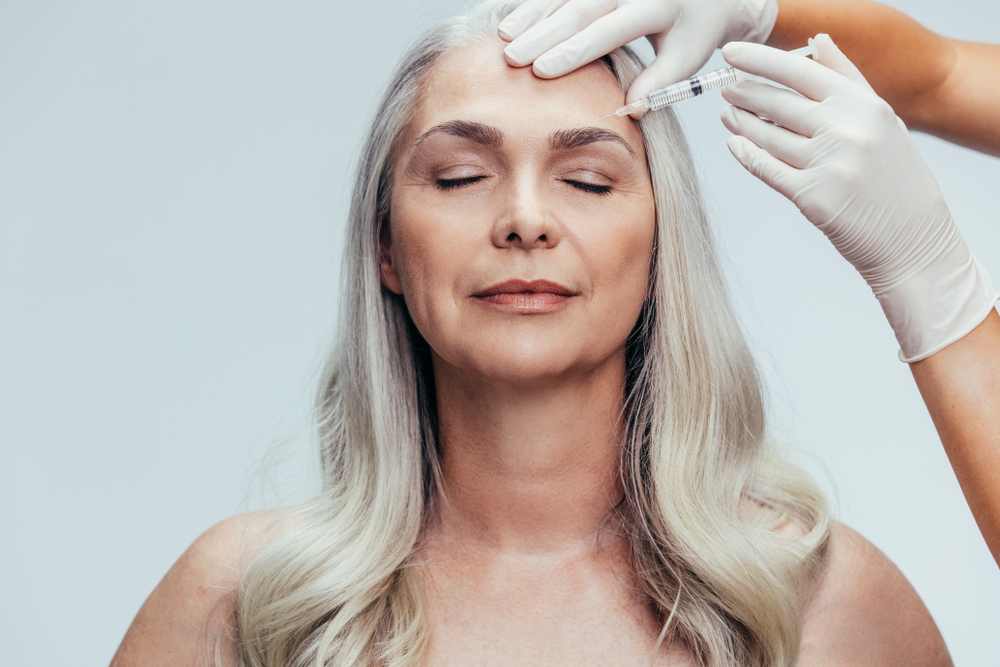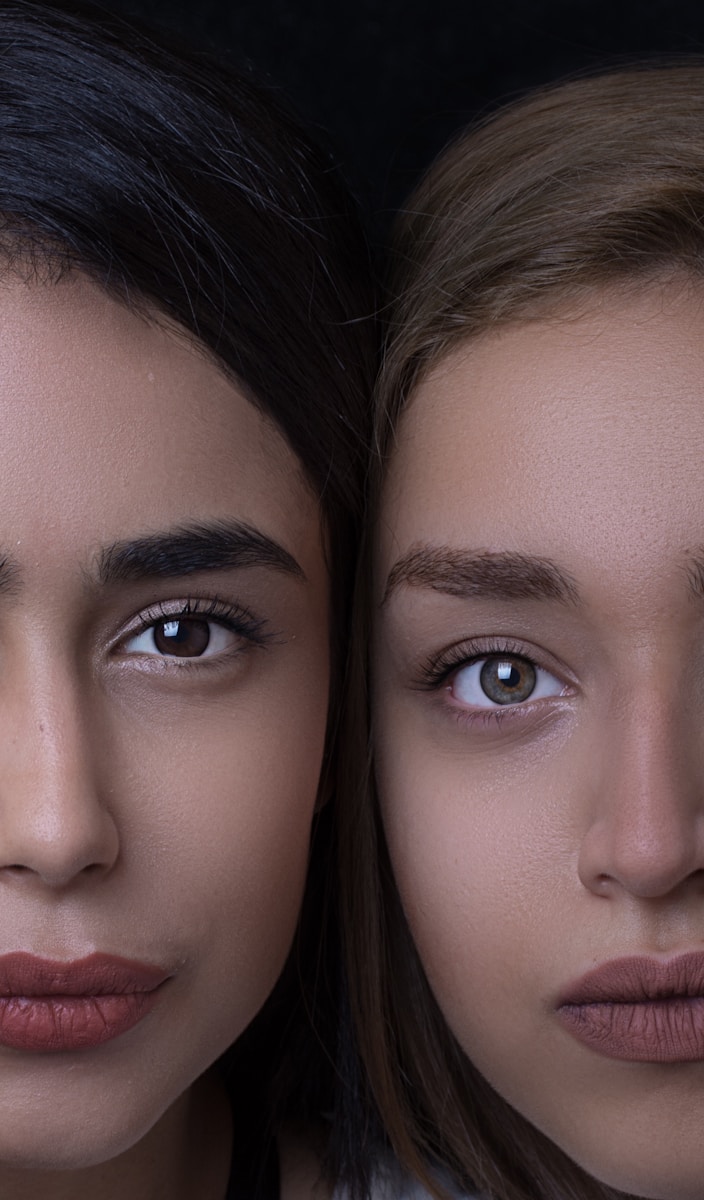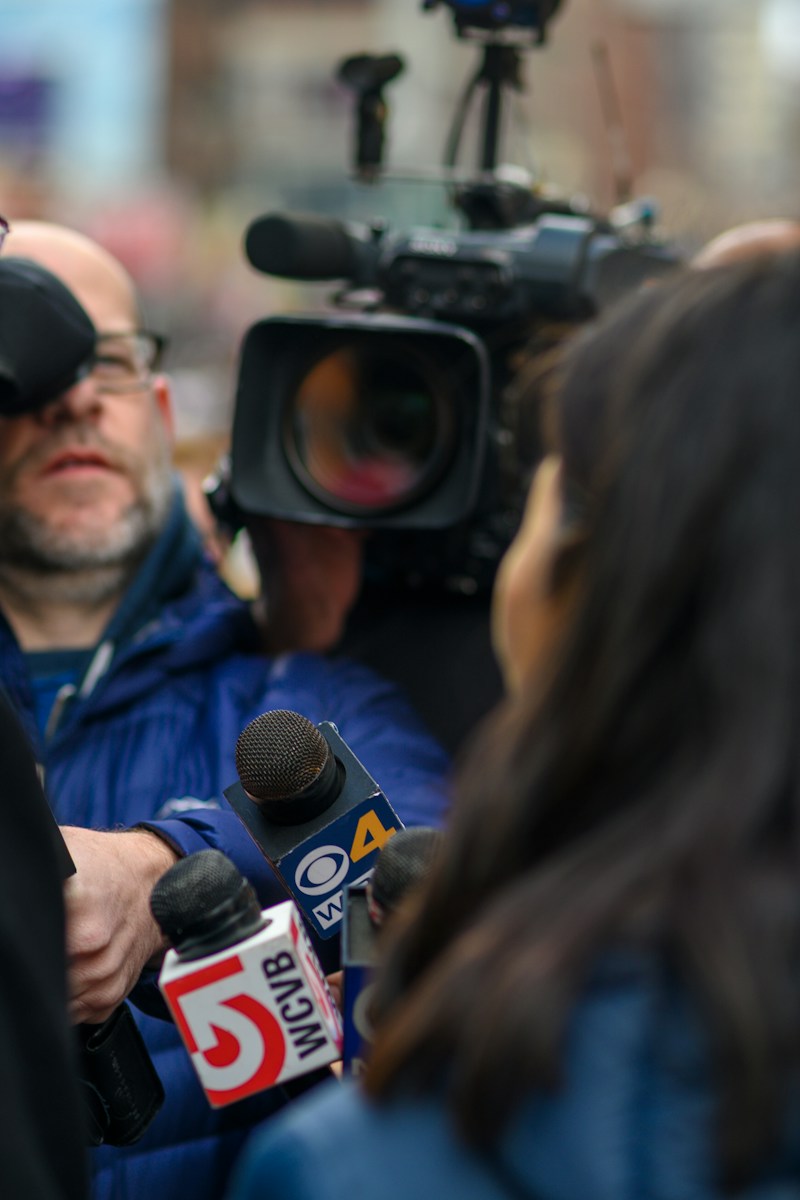An undercover investigation has exposed a concerning trend in Liverpool: cosmetic procedures being performed in unsafe, unregulated conditions. The findings, published by The Liverpool Echo and shared widely by 5 News, reveal a so-called “clinic” offering advanced treatments like blepharoplasty (eyelid surgery) and dermal fillers without any UK medical qualifications.
Hidden camera footage, part of a wider investigation into illegal cosmetic practices, showed a setup that is far from clinical. Treatments are offered in what looks like a domestic environment, with no visible hygiene protocols, no informed consent process, and no proper aftercare guidance. The person performing the procedures is not a qualified doctor, yet is seen administering invasive treatments under the guise of affordability and accessibility.
Medical experts are sounding the alarm. Eye surgeons warn that improper blepharoplasty can result in severe consequences: infection, permanent scarring, nerve damage, and even blindness. These are not minor beauty mishaps they are medical emergencies in waiting.
This isn’t a one-off case. The story reflects a wider, troubling reality in the UK’s booming aesthetics industry. As demand for “quick fix” beauty procedures increases, so too do the opportunities for unqualified individuals to exploit vulnerable clients. The lack of stringent regulation in the UK means almost anyone can offer cosmetic injections or treatments, provided they find a willing customer.
The problem isn’t just about rogue practitioners. It’s about a system that doesn’t currently protect the public from these dangers. While discussions about tighter regulation have been ongoing, loopholes continue to exist. Clinics can operate under the radar, using social media to market procedures that should legally require trained medical supervision.
This particular case is even more unsettling because of the blatant disregard for safety. Hidden camera footage shows a lack of basic sanitary conditions, risky surgical techniques and the use of injectable products with no clear origin or documentation. When the journalist posing as a client questioned the qualifications of the provider, they were met with dismissive responses and evasive answers.
Public awareness is key. Anyone considering aesthetic treatment should always ask to see medical qualifications, check that the practitioner is registered with the appropriate governing body (such as the GMC, NMC, or GDC), and verify the cleanliness and legitimacy of the treatment setting. It might feel awkward to question credentials but it could save your face, your vision, or your life.
This report is a stark reminder: cosmetic procedures are medical procedures. They require medical training, proper equipment, and a duty of care. The pursuit of beauty should never come at the cost of your health.













